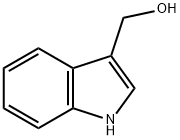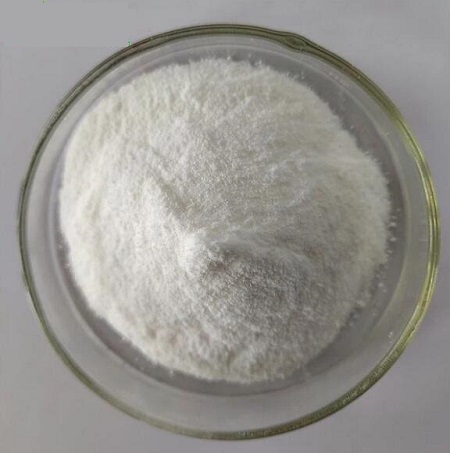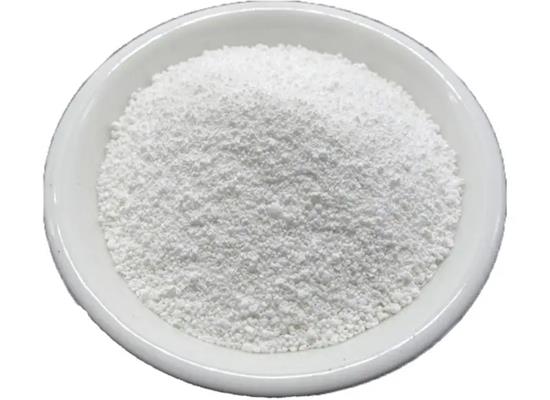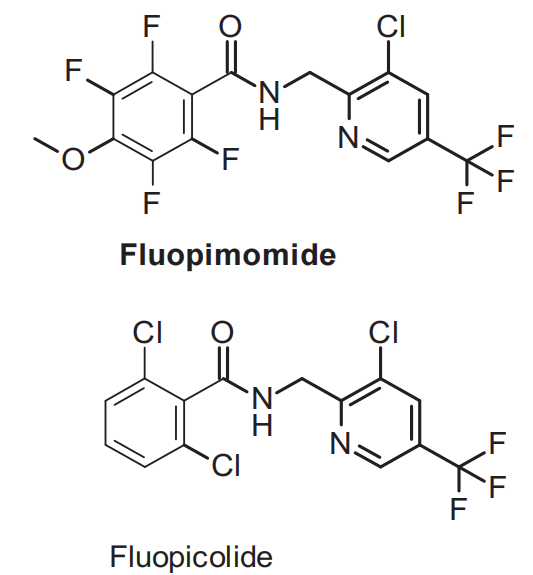Indole-3-carbinol: Occurrence and Health-Beneficial Properties
General Description
Indole-3-carbinol, derived from the hydrolysis of indol-3-ylmethylglucosinolate in Brassicaceae plants, transforms into various beneficial metabolites, including 3,3'-Diindolylmethane (DIM), through enzyme-catalyzed reactions. These compounds exhibit significant anti-inflammatory and anti-obesity activities. Indole-3-carbinol reduces inflammation by inhibiting the NF-κB pathway and modulating pro-inflammatory gene expression in various cell models, including those mimicking systemic lupus erythematosus. It also targets the SIRT1 pathway in adipocytes, reducing lipid accumulation and adipocyte differentiation, highlighting its role in obesity prevention. Both Indole-3-carbinol and DIM have been shown to reduce body weight and fat accumulation in animal studies, with Indole-3-carbinol enhancing estrogen metabolism in overweight women, suggesting their potential as therapeutic agents against obesity-related conditions.
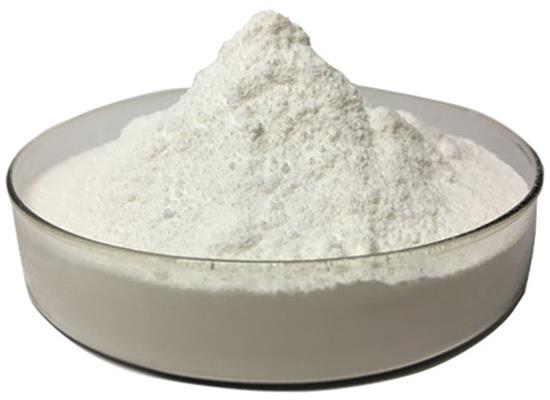
Figure 1. Indole-3-carbinol
Occurrence
Indole-3-carbinol is a compound derived from the hydrolysis of indol-3-ylmethylglucosinolate (IMG), a major type of indole glucosinolate found in Brassicaceae and non-Brassicaceae plants, particularly in Brassica and Arabidopsis species. These glucosinolates, including IMG and its hydroxy and methoxy derivatives, are abundant in the vegetative parts of these plants, with Brassica leaves showing higher concentrations of IMG. Upon tissue damage and exposure to the enzyme myrosinase, IMG is hydrolyzed into an unstable aglucone, which then transforms into either indole-3-acetonitrile (IAN) or an isothiocyanate. These compounds can further react to produce various metabolites, including Indole-3-carbinol. Indole-3-carbinol is formed when the highly reactive isothiocyanate degrades in the presence of water. This compound can also react with itself or other substances to generate a range of plant metabolites like DIM (diindolylmethane). Indole-3-carbinol and its derivatives are believed to play roles in plant defense mechanisms and offer health benefits to humans. Isotopic labeling studies in turnip roots suggest that IMG can be converted into Indole-3-carbinol, which may then be oxidized to form other products, indicating the complex metabolism and potential health implications of this compound. 1
Health-Beneficial Properties
Anti-Inflammatory Activity
Indole-3-carbinol and its metabolite 3,3'-Diindolylmethane (DIM) exhibit significant anti-inflammatory activity, which is crucial for managing chronic human diseases. Research demonstrates that Indole-3-carbinol can effectively reduce the transcriptional activity of the nuclear factor-κB (NF-κB) subunit in human dermal microvascular endothelial cells, leading to decreased expression of E-selectin and intercellular adhesion molecule-1. This reduction in proinflammatory gene expression, including inducible nitric oxide synthase and various interleukins, was also observed in lipopolysaccharide-stimulated BV-2 microglia cells treated with Indole-3-carbinol. Similarly, DIM has shown to downregulate NF-κB binding activity in DNA within the same cell model. Both compounds have been found to suppress inflammatory responses in cancer cell lines, indicating potential therapeutic applications in cancer treatment through inflammation relief. Moreover, Indole-3-carbinol significantly inhibits inflammatory responses in LPS-induced RAW 264.7 and THP-1 cells by targeting signaling pathways that reduce the production of nitric oxide and certain interleukins. Additionally, Indole-3-carbinol has been observed to modulate the aryl hydrocarbon receptor in monocyte-derived macrophages from systemic lupus erythematosus patients, leading to a decrease in proinflammatory proteins and an increase in anti-inflammatory cytokines. 2
Anti-Obesity Activity
Indole-3-carbinol and its metabolite, 3,3'-Diindolylmethane (DIM), exhibit significant potential in combating obesity through various mechanisms, as demonstrated by in vitro and in vivo studies. Indole-3-carbinol effectively targets the Sirtuin 1 (SIRT1) pathway within 3T3-L1 adipocyte cells, leading to the suppression of critical adipogenic genes such as C/EBPα, PPAR-γ2, fatty acid synthase, and adipocyte protein 2. This action results in reduced lipid accumulation and adipocyte differentiation, underscoring its role in preventing obesity. DIM complements these effects by inhibiting adipogenesis through the downregulation of PPAR-γ and C/EBPα, while enhancing insulin signaling pathways to support glucose uptake and diminish fat accumulation. Furthermore, DIM's activation of adenosine monophosphate-activated protein kinase α (AMPKα) underscores its broad impact on reducing body fat, an effect observable even in Caenorhabditis elegans. Animal studies reveal that diets supplemented with Indole-3-carbinol or DIM lead to notable decreases in body weight gain, fat accumulation, and improvements in metabolic functions. Clinical research aligns with these findings, indicating Indole-3-carbinol's capacity to enhance estrogen metabolism in overweight premenopausal women towards levels seen in their normal-weight counterparts. Collectively, these studies highlight Indole-3-carbinol as promising agents for weight loss and obesity prevention, showcasing their therapeutic potential against obesity-related conditions. 2
Reference
1. Brown PD, Tokuhisa JG, Reichelt M, Gershenzon J. Variation of glucosinolate accumulation among different organs and developmental stages of Arabidopsis thaliana. Phytochemistry. 2003;62:471–481.
2. Amarakoon D, Lee WJ, Tamia G, Lee SH. Indole-3-Carbinol: Occurrence, Health-Beneficial Properties, and Cellular/Molecular Mechanisms. Annu Rev Food Sci Technol. 2023;14:347-366.
);Related articles And Qustion
See also
Lastest Price from Indole-3-carbinol manufacturers
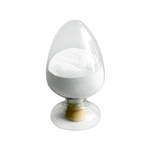
US $0.00/Kg/Drum2024-05-10
- CAS:
- 700-06-1
- Min. Order:
- 1KG
- Purity:
- 99%
- Supply Ability:
- 200mt
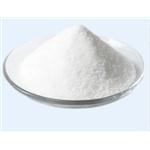
US $30.00/kg2024-05-10
- CAS:
- 700-06-1
- Min. Order:
- 1kg
- Purity:
- 98%
- Supply Ability:
- 2000kg
